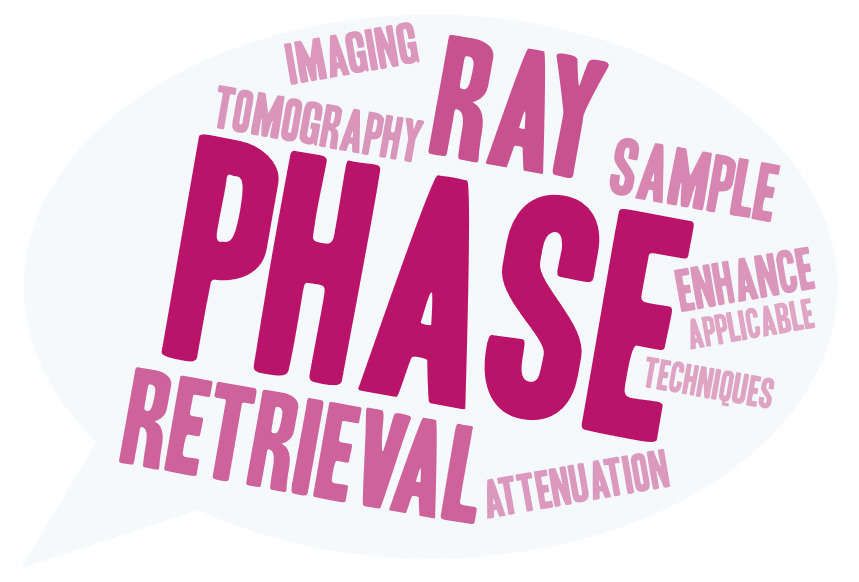Deep Learning for X-ray Phase Contrast Tomography

Deep Learning for X-ray Phase Contrast Tomography
Supervisors: Prof. Martin Müller (Hereon), Dr. Julian Moosmann (Hereon), Prof. Timo Gerkmann (UHH)
X-ray imaging techniques such as radiography and computed tomography have a broad range of applications in medicine, industry and science. Conventional X-ray imaging relies on the attenuation of X-rays traversing the sample. It thus fails in visualizing very weakly or homogeneously attenuating materials such as soft tissues (as know from medical CT). Here, phase-contrast X-ray tomography is employed which exploits local phase variations of the Xray wave front exiting the sample. In addition, phase contrast can be used to enhance weak signals e.g. during in situ or in vivo experiments where X-ray doses or scan times are critical. In any case, an additional data processing step is required prior to tomographic reconstruction. The so called phase retrieval typically relies on certain approximations which are not applicable for many samples. Then, phase retrieval is an ill-posed inverse problem as phase and attenuation have to be reconstructed from a single intensity measurement.
This problem is related to phase retrieval in speech enhancement, where in the last few years machine learning techniques have been employed to considerably push the field forward. In this project, expertise in speech enhancement and X-ray tomography are combined to make improvements in both fields. In particular, we explore deep learning based approaches, e.g. by means of generative adversarial networks, to solve the inverse of phase retrieval beyond common approximations.